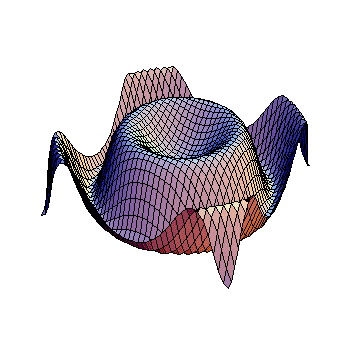What is the general formula for the derivative of the natural logarithm?
1 Answer
Nov 21, 2015
For
In case of the simple case of
Explanation:
Well, in general terms
Since
If we have
This is often used because we can do this:
But if we have lots of multiplications, division or exponents, the log properties will help us deal with them in a more expeditious manner.

